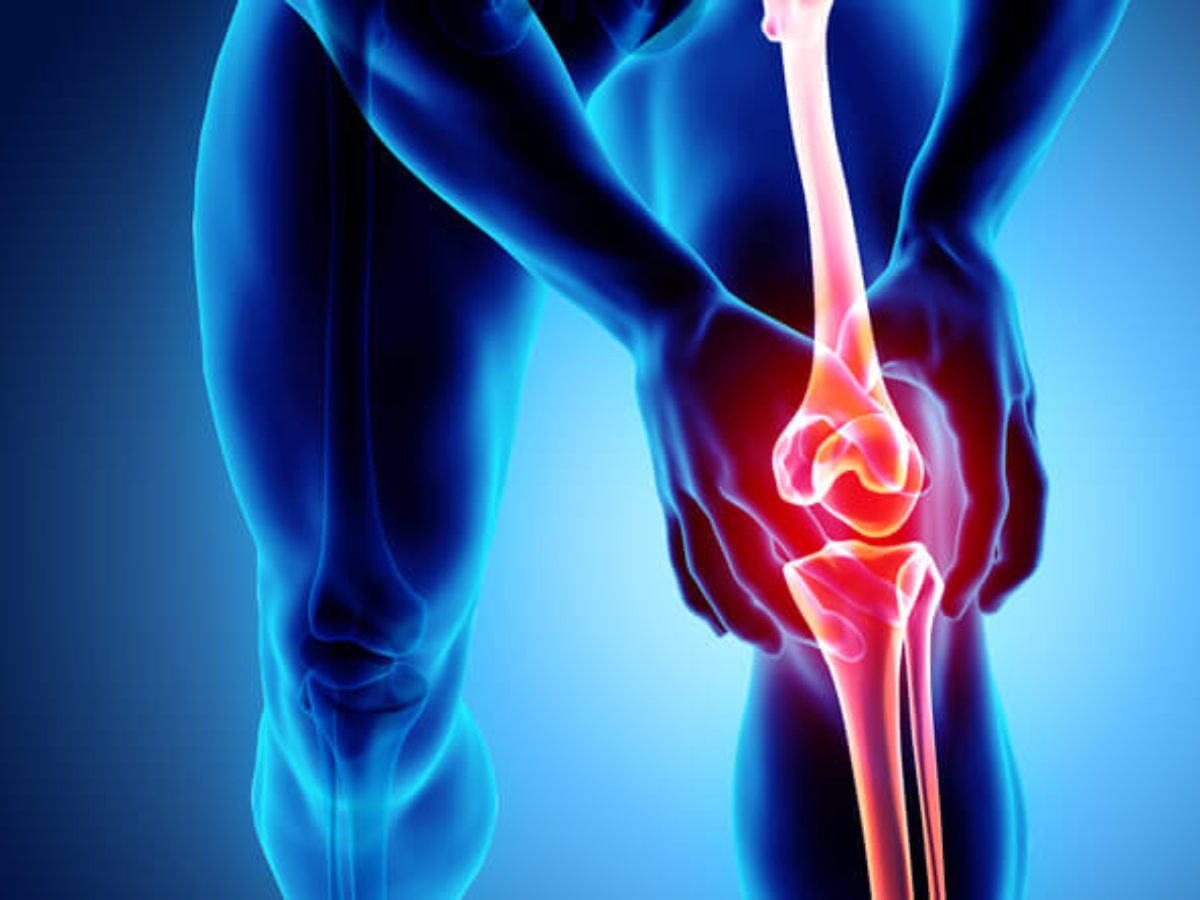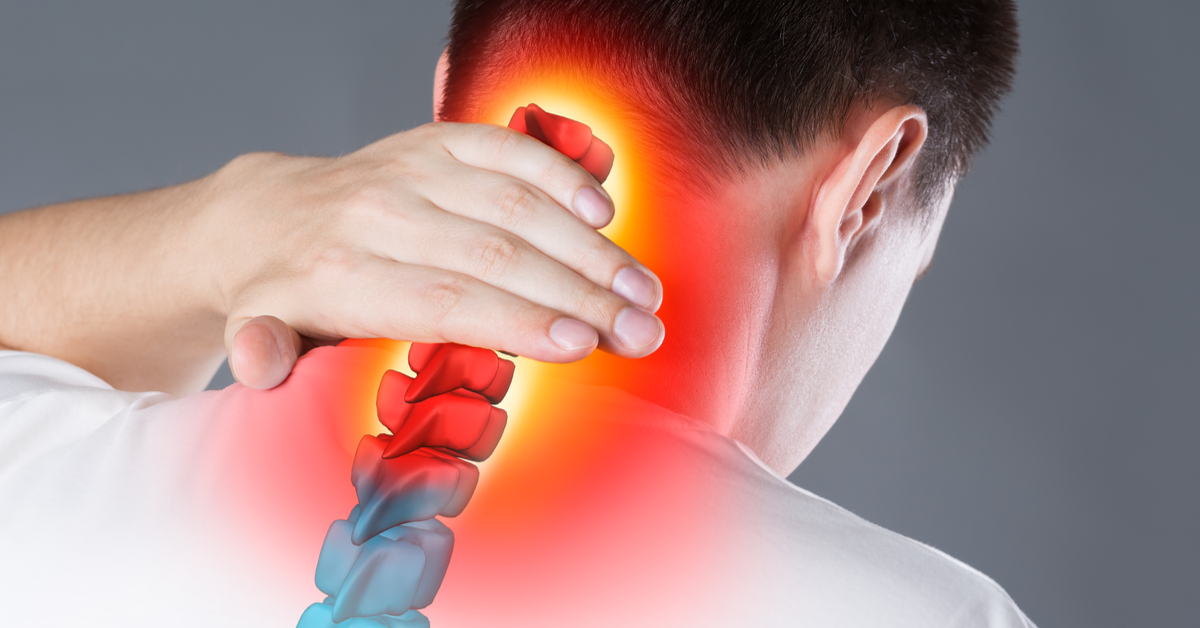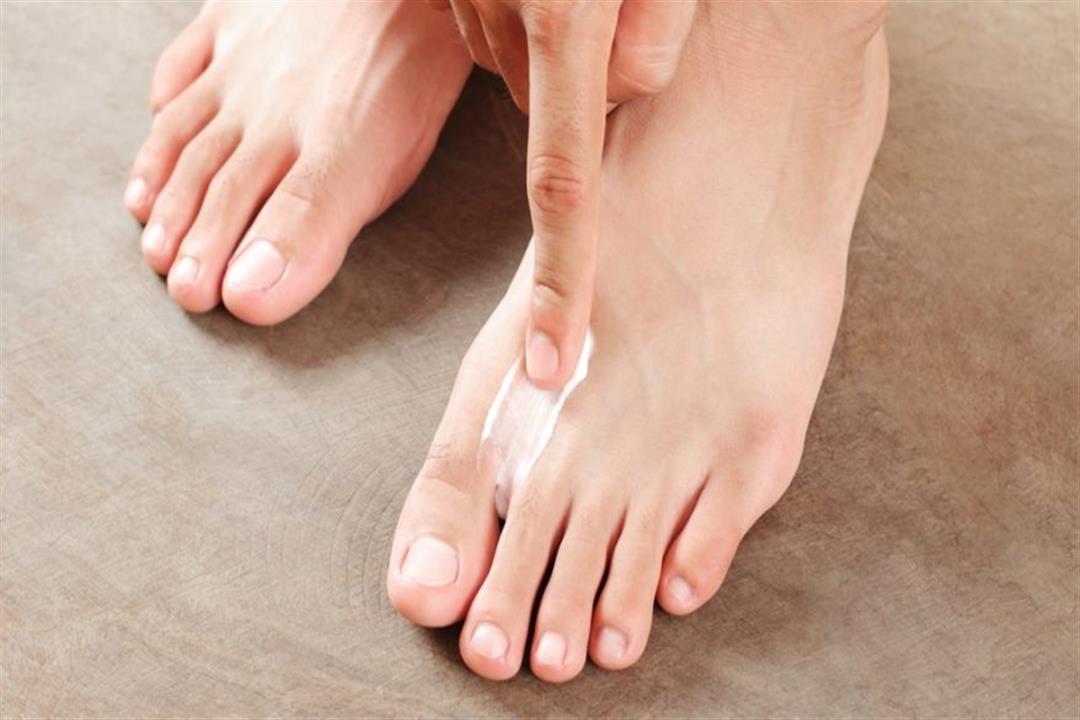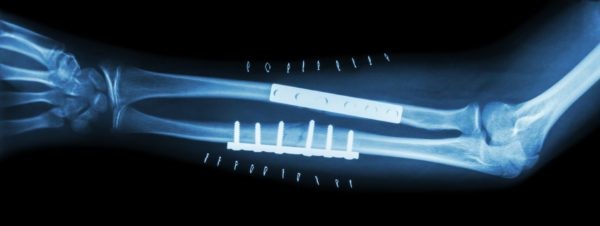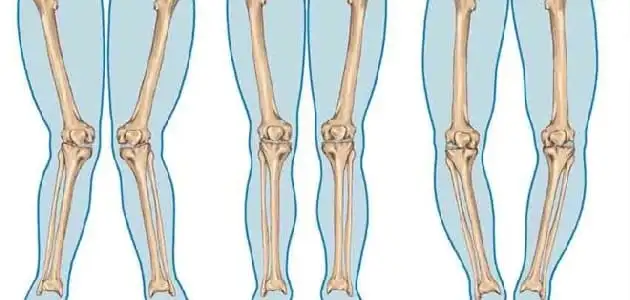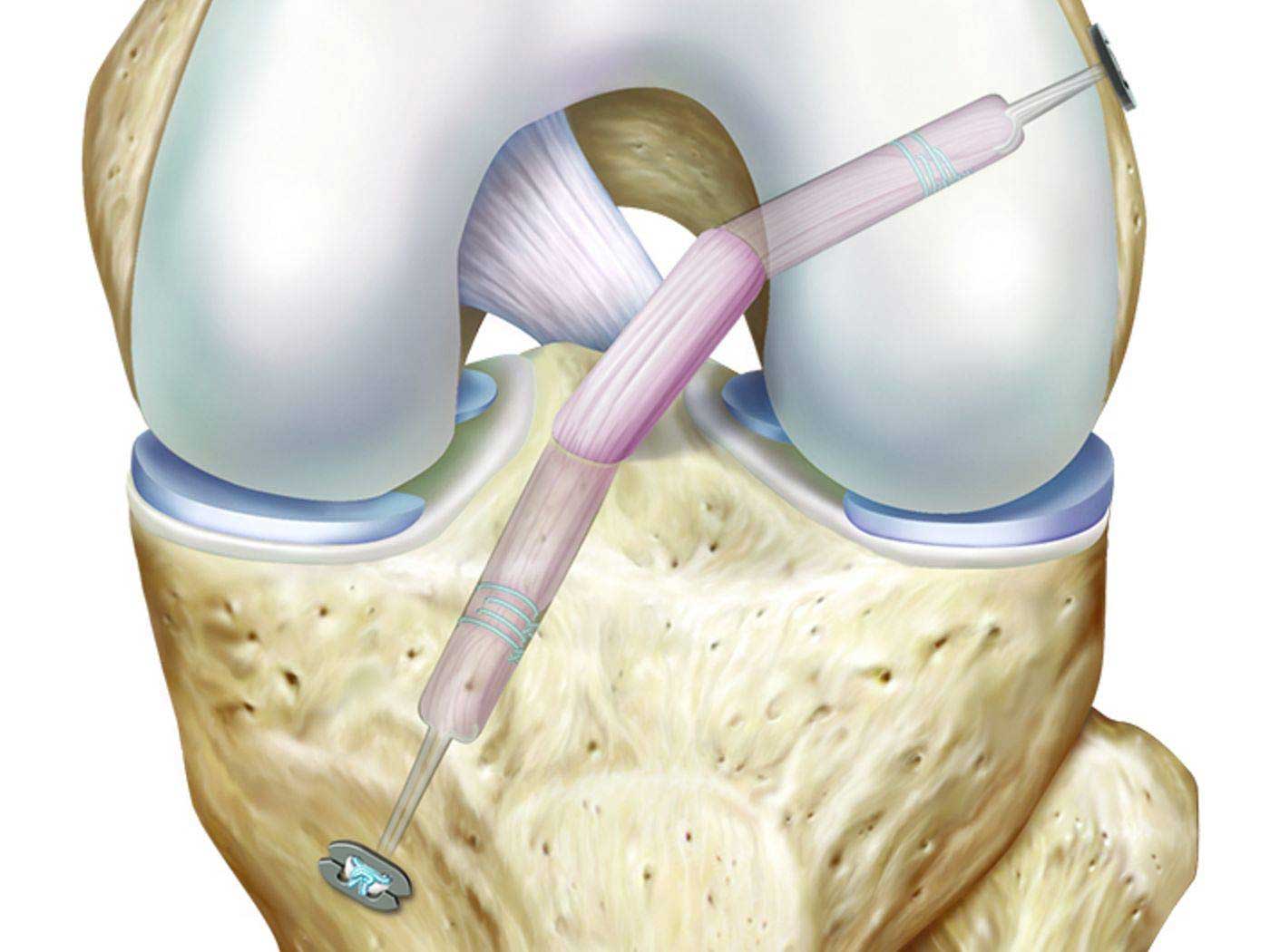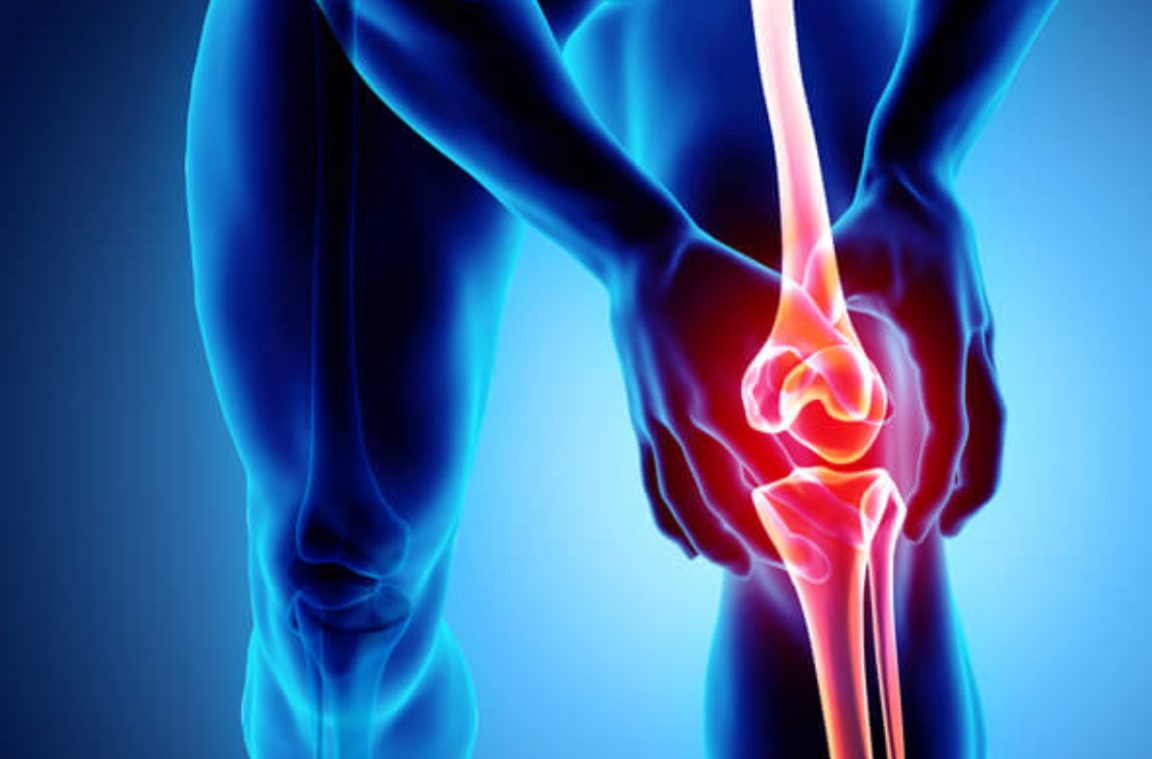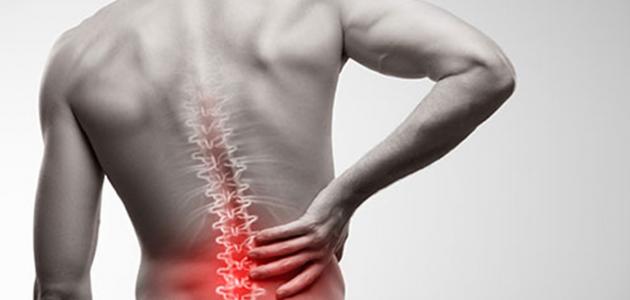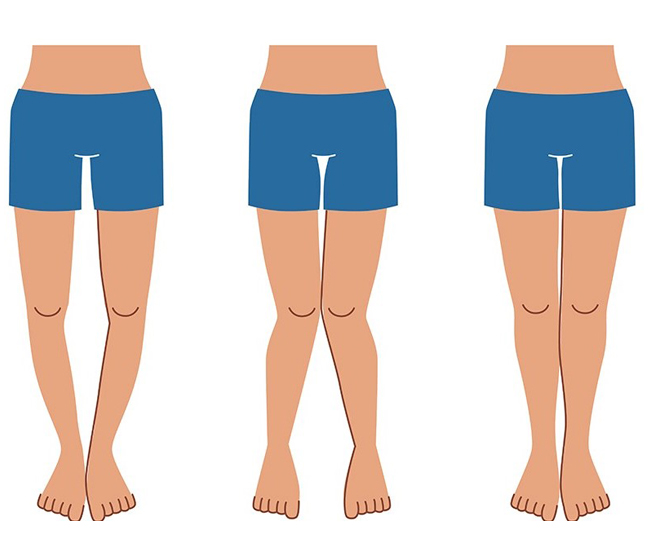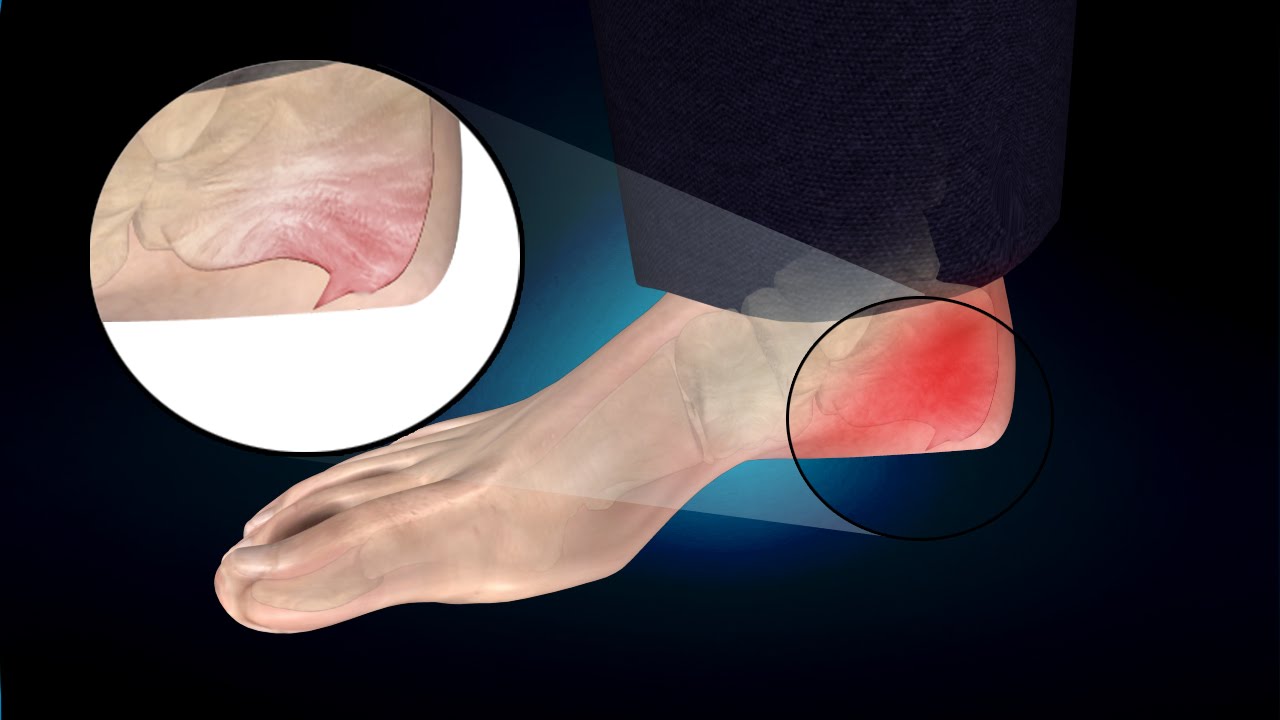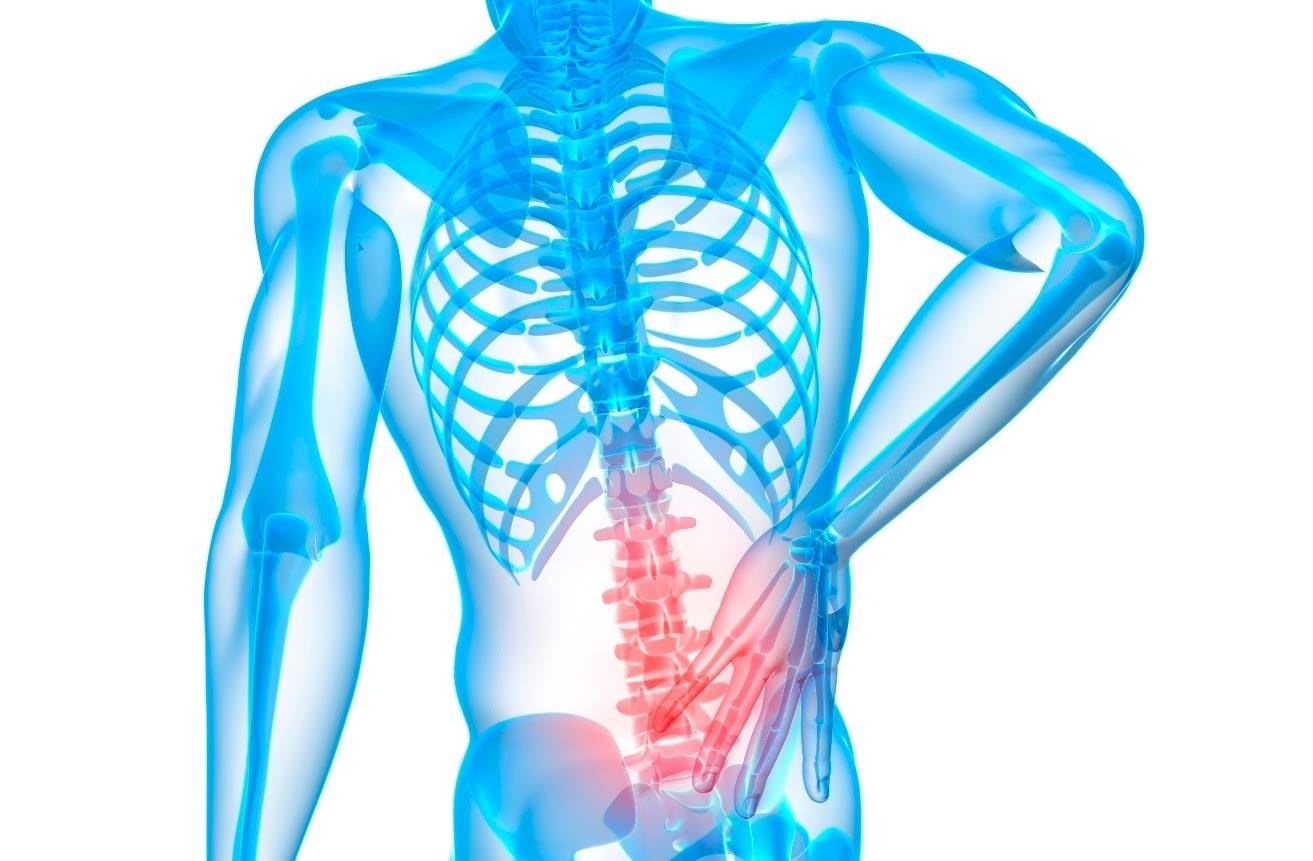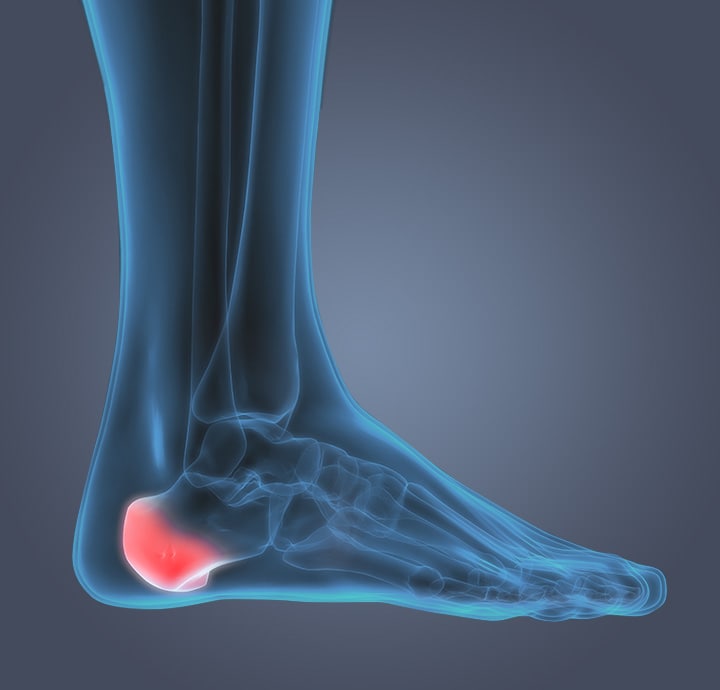?Details about the Best Orthopedic Consultant Doctor and How to Choose Them
Orthopedic Consultant Doctor, no one can deny the great role that an orthopedic consultant doctor plays in diagnosing bone pains, problems, and various injuries, as well as their effective treatment methods. Through this article, we will help you make the right choice for an orthopedic consultant, so follow us to get all the latest updates on this matter.

Orthopedic Consultant Doctor
Dr. Amr Amal is considered one of the most prominent consultant physicians in the field of orthopedics. He obtained his Ph.D. in orthopedic surgery from Cairo University and has gained widespread acclaim from patients for his effective contribution to improving the overall level of health care in the field of orthopedics.
In addition to practicing medicine, Dr. Amr Amal also works as a university professor teaching orthopedic surgery. He participates in numerous local and international scientific conferences and seminars, where he delivers lectures on the latest developments in the field of orthopedic surgery and contributes to the advancement of medical knowledge in this field.
Dr. Amr Amal has provided his services to numerous patients, having saved and treated many difficult and complex cases. Thanks to his exceptional surgical skills and strong commitment to the highest standards of quality and professional ethics, patients consider him a trusted reference for obtaining excellent health care in the field of orthopedics.
For his part, Dr. Amr Amal provides valuable advice and guidance to patients regarding disease prevention and overall maintenance of bones and joints. He always emphasizes the importance of practicing appropriate physical exercises and proper nutrition as part of a healthy lifestyle. You can live an active and pain-free life thanks to modern bone treatment techniques with Dr. Amr Amal.
How to Choose the Best Orthopedic Consultant Doctor?
Choosing the right doctor to perform orthopedic surgery is extremely important, as the success of the surgery and the improvement of your health condition largely depend on the experience and skill of the attending physician. Here are some tips for choosing the best orthopedic consultant doctor:
- Research and Gather Information:
- Search for reviews and ratings of orthopedic specialists near your area online. Read customer reviews and comments from previous clients.
- Talk to your friends or family members who have undergone previous orthopedic surgeries and inquire about their experiences and recommendations.
- Experience and Qualifications:
- Check the background and experience of the prospective doctor. Do they have relevant specialized certifications?
- Find out how many orthopedic surgeries the doctor has performed and their success rate.
- Communication and Consultation:
- Schedule a consultation appointment with your preferred doctors to discuss your health condition and ask important questions.
- Ask the doctor for any additional information about the surgery, the techniques used, and the expected recovery period.
- Evaluate the Services and Medical Facility:
- Visit the clinic or hospital associated with the doctor and evaluate the quality of services provided and the available medical equipment.
- Check the reputation of the medical facility and the hospital’s rating.
- Agree on a Mutual Medical Relationship:
- The doctor should be able to listen to your needs and concerns and communicate effectively with you.
- The doctor should be committed to explaining medical procedures and steps clearly in a language you understand.
- Treatment Cost and Insurance:
- Discuss with your insurance provider about coverage for costs related to orthopedic treatment, surgery, and consultations.
- Compare treatment costs offered by different medical facilities and determine the most suitable option for you.
By choosing the right consultant doctor, you will be able to achieve the best results for your orthopedic surgery and enhance your overall health. Therefore, take your time in researching and consulting until you find the right doctor who can effectively meet your health needs, and to choose the best orthopedic doctor in Egypt, read this article.
When Should You See an Orthopedic Consultant Doctor?
Seeing an orthopedic surgery consultant is necessary in some cases. If a person experiences severe and persistent joint pain, they should consult a doctor. There are also certain situations that require consulting a doctor, such as severe swelling or inflammation in the joint, or feeling pain that prevents the person from carrying out their daily activities normally.
It is also important to pay attention to a set of signs that indicate the need to see a doctor immediately, such as a change in the shape or color of the affected joint, an increase in the injury and swelling after a period of time, or signs of infection such as fever or discoloration of the skin surrounding the joint.
For proper diagnosis and treatment, doctors evaluate the patient’s medical history and perform the necessary tests, such as X-rays or magnetic resonance imaging (MRI). The patient may be advised to take pain-relieving medications, undergo physical therapy or conservative treatment. In more complicated cases, surgery may be required to treat the problem.
In general, when experiencing any abnormal symptoms, the individual should consult a specialized orthopedic surgeon for proper diagnosis and appropriate treatment. Therefore, break free from limitations and prepare for activity with Dr. Amr Amal’s advanced bone treatment techniques. To learn more, read the following article.
Is an Orthopedic Doctor the Same as a Rheumatologist?
An orthopedic doctor is a specialist in diagnosing and treating bone and joint problems, while a rheumatologist is a specialist in diagnosing and treating degenerative and inflammatory diseases that affect the joints and surrounding tissues. Although there is some overlap in their specialties, they may handle the diagnosis and treatment of certain rheumatic conditions differently.
Rheumatologists use a variety of techniques and medications to address chronic conditions and chronic joint inflammation. A rheumatologist is consulted when experiencing rheumatic symptoms such as chronic joint pain, swelling, or difficulty in movement. Rheumatologists use laboratory tests and imaging to assess the condition and choose appropriate treatment. To learn the difference between rheumatism and rheumatoid arthritis, click here.
On the other hand, orthopedic doctors are specialists in diagnosing and treating diseases, injuries, and disorders of the bones, joints, and muscles. Orthopedic doctors provide medical care for bone problems such as fractures, scoliosis, bone infections, muscle inflammations, and cruciate ligament sprains.
Although rheumatologists and orthopedic doctors deal with some overlapping conditions, it is generally preferable to consult a rheumatologist for chronic rheumatic pain and swelling, while consulting an orthopedic doctor for fractures and bone injuries. It is essential to consult a specialist before making any decision about appropriate medical diagnosis or treatment to achieve the best results and proper health care.
Does an Orthopedic Consultant Doctor Treat Muscles?
An orthopedic consultant doctor is an expert in treating diseases and injuries related to the musculoskeletal system. They treat muscle injuries, bone injuries, sports injuries, as well as inflammations, tumors, and congenital deformities. This specialty also deals with problems related to roughness and joint inflammation. Choosing a good orthopedic doctor requires considering several factors such as the consultation fee and associated insurance.
You can prepare for pain-free movement with Dr. Amr Amal’s advanced bone treatment techniques.
Does an Orthopedic Doctor Treat Cartilage?
Yes, orthopedic doctors are specialized in diagnosing and treating a wide range of conditions related to the musculoskeletal system, including cartilage problems. These doctors can offer various treatment options aimed at relieving pain, improving function, and in some cases, stimulating the body’s natural healing processes. Treatments may include anti-inflammatory medications, physical therapy, intra-articular injections for pain and inflammation relief, and in more severe cases, surgery to repair or replace damaged cartilage.
Orthopedic doctors also use advanced techniques such as arthroscopy to accurately assess and treat cartilage injuries. Choosing the appropriate treatment depends on several factors, including the severity of the injury, the patient’s age, and the overall treatment goals, as the doctor always aims to achieve the best possible outcome for the patient. We have had many successful experiences with Dr. Amr Amal in treating bones, which has positively impacted patients’ lives significantly. To learn more about cartilage slip injury in detail, read this.

How Do We Distinguish Between Bone and Muscle Pain?
We often suffer from body pains, and muscles and bones are often the main culprits. But how can we distinguish between bone and muscle pain? In this article, we will provide you with some important points to help you identify the source of pain, which include the following:
- Sources of Pain:
- Muscle Pain: It is localized in specific areas of the body, such as the shoulders or neck. The pain may increase when the affected muscles are moved or strained.
- Bone Pain: You may feel bone pain in general areas throughout the body. Bones do not contain nerve endings except for the outer part, so identifying the source of pain requires a thorough examination.
- Causes of Pain:
- Muscle Pain: Muscle pain may occur due to muscle injury, loss of blood flow to the muscles, or exposure to cold. Muscle pain also includes inflammatory disorders such as rheumatoid arthritis.
- Bone Pain: Bone pain is often caused by conditions such as fractures, osteoporosis, and cancers that affect the bones.
- Accompanying Symptoms:
- Muscle Pain: You may experience numbness or tingling in the muscles, and the muscles may be tight or hardened.
- Bone Pain: You may feel persistent and continuous pain in the bones, and you may also experience swelling or redness in the affected area.
- Diagnosis and Treatment:
- Muscle Pain: Diagnosing muscle pain may require a medical examination and analysis of symptoms and medical history. Treatment may involve using pain-relieving medications and strengthening the muscles through physical exercises.
- Bone Pain: Diagnosing bone pain involves clinical examination and reliance on X-rays and other tests. Treatment for bone pain depends on the specific cause and may include pain medication, physical therapy, and in some extreme cases, surgical intervention.
What Drink Strengthens Bones?
Strengthening bones is essential for maintaining good health and preventing bone-related diseases such as osteoporosis. Many people are looking for drinks that can enhance bone health and strengthen them. Therefore, we present to you some drinks that help promote bone health, including the following:
1. Milk: We cannot discuss bone-strengthening drinks without mentioning milk. It is considered a rich source of calcium, which is a major nutritional element for strengthening bones. In addition to calcium, milk contains Vitamins D and K, which play an important role in calcium absorption and bone strengthening.
2. Green Leafy Vegetable Juices: Juices made from leafy greens such as spinach, kale, and parsley are rich in nutrients beneficial for bone health. These vegetables contain high amounts of calcium and Vitamin K, which promotes calcium absorption and bone strengthening.
3. Dried Peach (Prunus persica) Juice: Dried peach juice is also a beneficial drink for bone health. It contains high levels of fiber, Vitamin K, potassium, and magnesium – all of which are nutritional elements that support bone health. Dried peaches also contain antioxidants that protect and strengthen bones.
4. Soy Milk and Plant-Based Milk Alternatives: If you do not prefer regular milk, you can opt for soy milk or other plant-based milk alternatives. These alternatives contain calcium and other vitamins that promote bone health.
5. Water: Although water does not directly contain calcium, drinking an adequate amount of water contributes to maintaining bone hydration and overall bone health. Therefore, individuals should make sure to drink sufficient amounts of water daily to maintain bone health.
Individuals should focus on consuming drinks rich in calcium, vitamins, and other minerals that promote bone health. Remember that a healthy diet and regular physical exercise are also essential components of maintaining bone health. Always consult a nutritionist before making any changes to your diet to ensure that your body’s needs are adequately met.
Dr. Amr Amal is the expert who helped me get rid of the feeling of bone pain.
What are the Symptoms of Bone and Joint Inflammation?
- Deep and Persistent Pain: Pain in the affected bones is one of the most prominent symptoms of bone inflammation. When a bone becomes inflamed, the person experiences persistent, deep, and often unbearable pain in the affected area.
- Heat and Redness: Fever and redness are common symptoms of bone inflammation. When bones become inflamed, the affected area swells, causing skin congestion and redness, which may be accompanied by a rise in body temperature.
- Swelling and Inflammation: In cases of bone inflammation, especially acute inflammation, there is noticeable swelling and inflammation in the affected area. This swelling can be visible and accompanied by pain and a feeling of pressure in the area.
- Difficulty Moving and Stiffness: You may feel that the inflamed bones become stiff and difficult to move. This may be a result of the swelling and inflammation affecting the movement of the affected joint.
- General Fatigue and Exhaustion: Bone inflammation is a health condition that consumes a significant amount of the body’s energy. A person with bone inflammation may experience general fatigue and exhaustion as a result of the other symptoms they are experiencing, such as pain and heat.
- Additional Symptoms in Cases of Acute Infection: In cases of bone inflammation and pus transferred through the blood to the bones of the leg and arm, the aforementioned symptoms may be accompanied by additional symptoms such as fever and a feeling of pain in the bone. These additional symptoms should be taken seriously as they may indicate an acute condition requiring immediate attention.

What Is the Strongest Bone Inflammation Treatment?
Dealing with bone inflammation can be extremely challenging, requiring the search for the strongest and most effective treatment to relieve pain and eliminate inflammation. It is important to note that there is no one-size-fits-all treatment that can work magically for all bone inflammation cases. The most suitable treatment may vary for each individual based on their health condition and the severity of symptoms. Therefore, we will highlight some of the treatments considered to be the strongest treatments used to relieve pain and treat bone inflammation as follows:
1. Opioid Analgesics:
Opioid analgesics are commonly used to relieve severe pain caused by bone inflammation. They work by affecting pain receptors in the central nervous system, thus reducing the perceived pain. Examples of orally administered opioid analgesics used in bone inflammation treatment include:
- Morphine
- Codeine
- Hydrocodone
2. Non-Steroidal Anti-Inflammatory Drugs (NSAIDs):
Non-steroidal anti-inflammatory drugs are common treatments for pain relief and inflammation reduction in bone inflammation cases. These drugs work by inhibiting the activity of inflammatory enzymes, thus reducing pain and swelling. Examples of NSAIDs include:
- Ibuprofen
- Naproxen
- Diclofenac
3. Complementary Treatments:
Complementary treatments are gaining popularity in bone inflammation treatment, as some believe they can help alleviate pain and improve overall health. Among the complementary treatments that may contribute to bone inflammation treatment are:
- Glucosamine: Believed to contribute to cartilage renewal in affected joints and improve their mobility.
- Hyaluronic Acid: Intra-articular hyaluronic acid injections are used to reduce pain and increase mobility in affected bones.
Many patients feel relieved and regain mobility and comfort thanks to effective bone treatment with Dr. Amr Amal.

